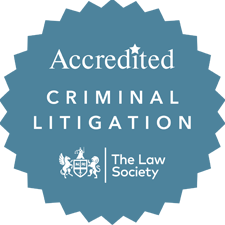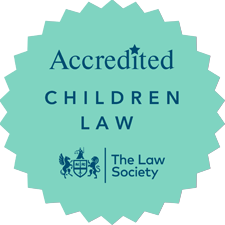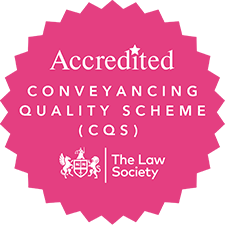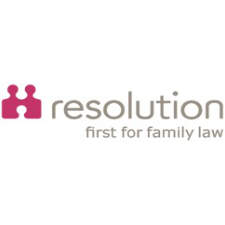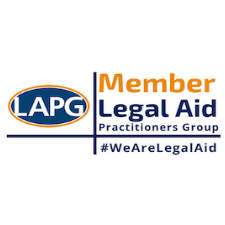A Section 7 Report is a court-ordered document prepared under Section 7 of the Children Act 1989. It is ordered when parents cannot agree on arrangements for children’s care, usually only if there are any aspects of the children’s welfare which require further investigation.
The report helps the court decide what is in children’s best interests by providing an independent assessment. Section 7 Reports are often required in cases involving:
- Child Arrangements Orders – deciding where children live and how much time they spend with each parent.
- Prohibited Steps Orders – preventing specific actions, such as taking children abroad without permission.
- Specific Issue Orders – resolving matters like choosing children’s schools or changing their surnames.
The court considers the welfare checklist as part of this assessment, and the report may also play a significant role at the final hearing, especially if the parents are unable to agree the arrangements for the children in accordance with the recommendations contained within the report.
What will a Section 7 Report contain?
A Section 7 Report includes:
- Key background information about the children, their parents, and family circumstances.
- The children’s wishes and feelings, dependent upon their age and understanding.
- Observations assessed against the welfare checklist.
- Recommendations for arrangements that are in the children’s best interests.
During the Section 7 assessment, the professional preparing the report will usually:
- Speak with both parents.
- Meet with the children (where appropriate).
- Consult individuals such as teachers, doctors, or other family members.
The author of the Section 7 Report will not ask children to choose between their parents, but it ensures their voices are heard.
It’s important to note that all Section 7 Reports must be shared with both parents at the time they are shared with the Court to allow sufficient time for these to be reviewed prior to a further Hearing.
Who completes a Section 7 Report?
A Section 7 Report is prepared by:
- CAFCASS (Child and Family Court Advisory and Support Service) officers – Independent advisors who safeguard and promote children’s welfare.
- Local authority social workers – When the Local Authority are already involved with a family due to concerns about the children’s welfare or safety.
The court decides who will conduct the assessment based on the specifics of the case.
What questions are asked in a Section 7 Report?
The questions asked during a Section 7 assessment are designed to understand the children’s situation, including:
- What are the children’s views about their living arrangements?
- Are there any risks or safeguarding concerns regarding the children’s welfare?
- Is each parent able to meet the children’s physical, emotional, and educational needs?
- What impact would changes to the current arrangements have on the children?
The answers provide a clear, impartial evaluation that helps the court make a decision regarding what arrangements are best for the children; in the event the parents are unable to agree the arrangements following consideration of the recommendations contained within the Section 7 Report.
What is the Welfare Checklist?
The welfare checklist, set out in Section 1(3) of the Children Act 1989, ensures the court prioritises children’s welfare. It includes:
- The children’s wishes and feelings (considered in light of their age and understanding).
- The children’s physical, emotional, and educational needs.
- The effect of any change in circumstances on the children.
- The children’s ages, sex, background, and any other relevant characteristics.
- Any harm the children have suffered or are at risk of suffering.
- How capable each parent is of meeting the children’s needs.
- The range of powers available to the court in the case.
The welfare checklist ensures decisions are made with the children’s best interests as the most important concern.
I’m not happy with the Section 7 Report, what can I do?
If you disagree with the Section 7 Report, it is important to act quickly and let the court know. Steps you can take include:
- Report any factual inaccuracies to CAFCASS before the Hearing.
- Submit a written response/statement to the court explaining why you disagree with the report’s findings or recommendations.
- Request that the report’s author attend court to be cross-examined. (This would usually only be at the Final Hearing stage).
- Seek legal advice to help you respond effectively.
The judge will consider your concerns alongside the report when making their final decision. Remember that whilst you can challenge the report, the Court’s primary focus remains the best interests of the children.
Who makes the final decision on the recommendations within a Section 7 Report?
Whilst a Section 7 welfare report provides the court with recommendations, in the absence of an agreement between the parents regarding the arrangements for the children, the final decision rests with the Judge/Magistrates hearing the case.
The court will:
- Review the Section 7 Report.
- Consider the children’s welfare using the welfare checklist.
- Listen to both parents’ evidence and concerns.
The Judge/Magistrates will base their decision on what is in the children’s best interests, even if this differs from the children’s stated wishes. This decision is formalised in a Court Order, which must be followed by all parties.
Get in touch with Johnson Astills Solicitors
At Johnson Astills, our specialist family law solicitors offer expert advice and representation for cases involving Section 7 Reports, and matters regarding child arrangements.
If you need support with a Section 7 assessment or have concerns about a court decision, we are here to help.
Contact us today for advice or to find out more about our services by giving us a call at your local branch in Leicester or Loughborough, or by filling in our online enquiry form.


